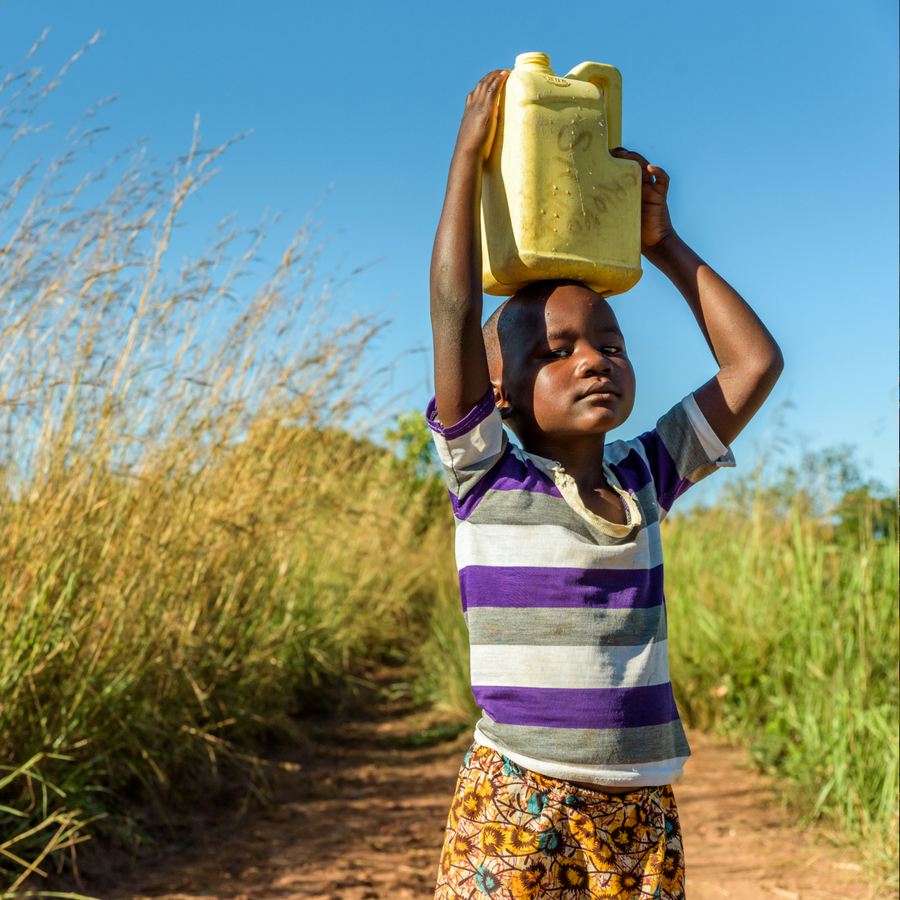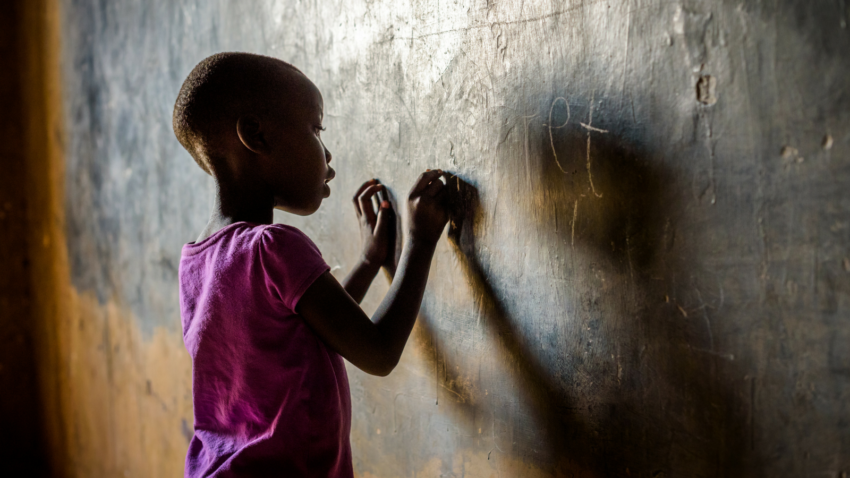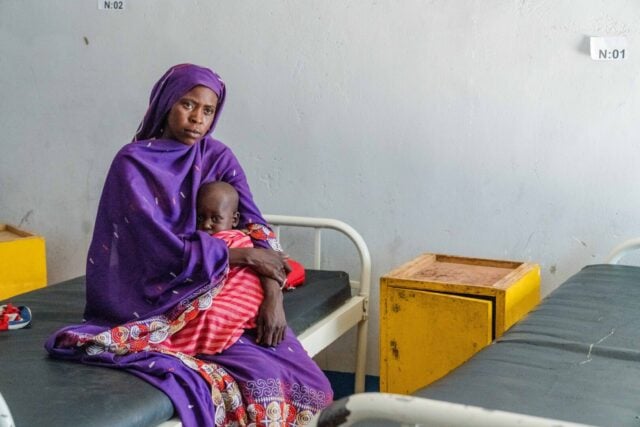When you walk for clean water with World Vision’s Global 6K for Water, you help lay a foundation for fighting injustice all around the world.
Here are three ways that access to clean water impacts other social issues.
* * *
If you’re anything like me, the needs of the world can feel paralyzing sometimes. Extreme poverty, human trafficking, lack of education, and other social justice issues break my heart, and figuring out how I can fight for justice in these areas can be overwhelming.
But while we as individuals can’t fight every battle, we can be strategic in our approach.
Whether you’re passionate about combating extreme poverty, supporting anti-trafficking efforts, or empowering education around the world, choosing to support clean water efforts is an advantageous means to help solve those problems. Clean water is inextricably linked to many other social justice issues.
World Vision’s Global 6K for Water is coming up on May 19, and when you sign up to walk or run, you’re throwing a one-two punch at injustice around the world.
Here are a few ways that choosing to run for clean water impacts other social issues:
Extreme poverty
Water and extreme poverty are inextricably linked. Providing access to consistent sources of clean water is crucial to poverty reduction. Safe drinking water and sanitation increase the percentage of a community’s population that is able to attend school and remain gainfully employed. Water-related diseases are a constant threat to health, keeping people out of the workforce and in poverty. The U.N. estimates that sub-Saharan Africa alone loses 200 million hours per day collecting water!
When employees have access to clean water and proper sanitation, employment rates increase and communities have a greater chance of thriving. For women, in particular, access to nearby sources of clean drinking water, toilets and latrines, and education about proper hygiene provides them with the health and the time to attend school or work.

Education
When a community’s children are unable to attend school, it perpetuates the cycle of poverty. An estimated 227 million school days are lost each year from water-related illness. Many children are simply too sick with diarrhea or other preventable water-related diseases to go to school. Children, usually girls, must also help their families retrieve water, excluding them from the opportunity to attend school. Girls are also forced to miss school when there is no latrine to give them a private place to take care of their hygiene needs during menstruation.
Human trafficking
In developing countries, girls and women are primarily responsible for retrieving water. On average, they walk 6 kilometers (just under 4 miles) every day, sometimes multiple times a day, to provide water to their families. They must walk far from home, putting them in dangerous situations where they risk assault, abduction, and sale into human trafficking.
Providing clean water to their villages allows girls to cease their daily treks through isolated, dangerous places and thus protects them from becoming the next “missing ones” from their communities.
Fighting to provide clean water is a foundational way to aid many other complex social justice issues that face oppressed and impoverished communities. I hope you will choose to join me on May 19 — anywhere you are in the world! — for this year’s World Vision Global 6K for Water, so that together, we can provide life, health, and justice around the world.
Read more about World Vision’s Global 6K for Water.
Read more from the World Vision blog.



Comments